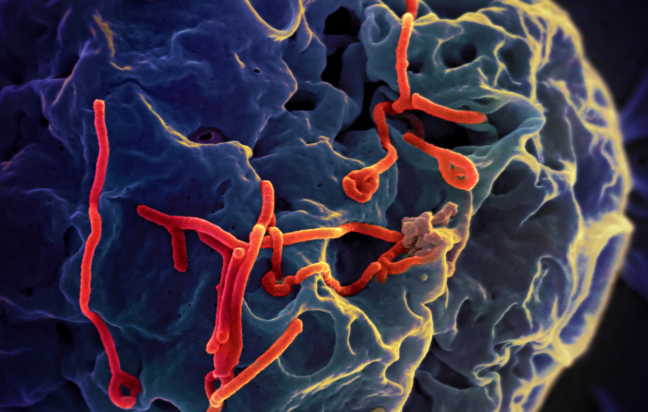A former University of Wisconsin animal lab veterinarian came forward in a letter to the federal government Friday in an effort to confirm the ethical research problems People for the Ethical Treatment of Animals raised in a campaign against the University of Wisconsin earlier this year.
Richard Brown, former Senior Program Veterinarian for UW’s Research Animal Resource Center, addressed the United States Department of Agriculture in a letter, after the federal agency released a clear inspection report Thursday.
His letter supports many of the allegations highlighted by PETA’s case and said the violations were known by various departments in the university including the principal investigator, colleagues and the animal experimentation oversight committee at the UW School of Medicine and Public Health at the time.
As of Sunday night, the university has not yet returned requests for comment.
In an interview with The Badger Herald, Brown said he worked at the the university for five years during this research and was the “only veterinarian with primary authority on clinical matters,” adding he experienced these allegations “first hand.”
According to PETA spokesperson, Justin Goodman, Brown’s letter demonstrates the USDA’s failure to do a proper inspection.
“[The letter] shows that the USDA’s review of the evidence was incomplete and accepted face value claims from the University of Wisconsin,” Goodman said.
Goodman also added, although the inspection did follow PETA’s list of complaints, they have must have done a “bad job.”
However, Brown said the clear inspection report, which cited “no noncompliant items,” is not the fault of the USDA, or the veterinarian staff, but rather the fault of the administration.
According to Brown, who said he is familiar with the specific inspector who evaluated UW’s research facilities and is confident in her work, it is not in the nature of a USDA inspection to point out what is ethically “wrong,” but rather to cite noncompliance.
Brown added he believes the university’s veterinary staff was also aware of the allegations. However due to the university’s influence, they do not have the power to come forward without the risk of losing their job.
“This is not something that the university as a whole is ignoring,” Brown said. “This is something the administration is trying to have go away. It’s the administration, its Bascom Hill, not RARC.”
According to Brown, who said he has a history for speaking up to the university against ethical violations, the veterinarians who have come forward to the administration have all been fired, including himself.
Goodman said, he hopes Brown’s letter will prompt a more thorough inspection by the USDA, however Brown is confident their work is done.
“I suspect they will read it, and they will take it seriously, but nothing will come of it,” Brown said in regards to his letter.
Nevertheless, Goodman said PETA will continue their campaign for the National Institutes of Health to end funding for such research and to ultimately end animal research altogether.
“The end of animal research does not mean an end to a research institution,” Goodman said.


















